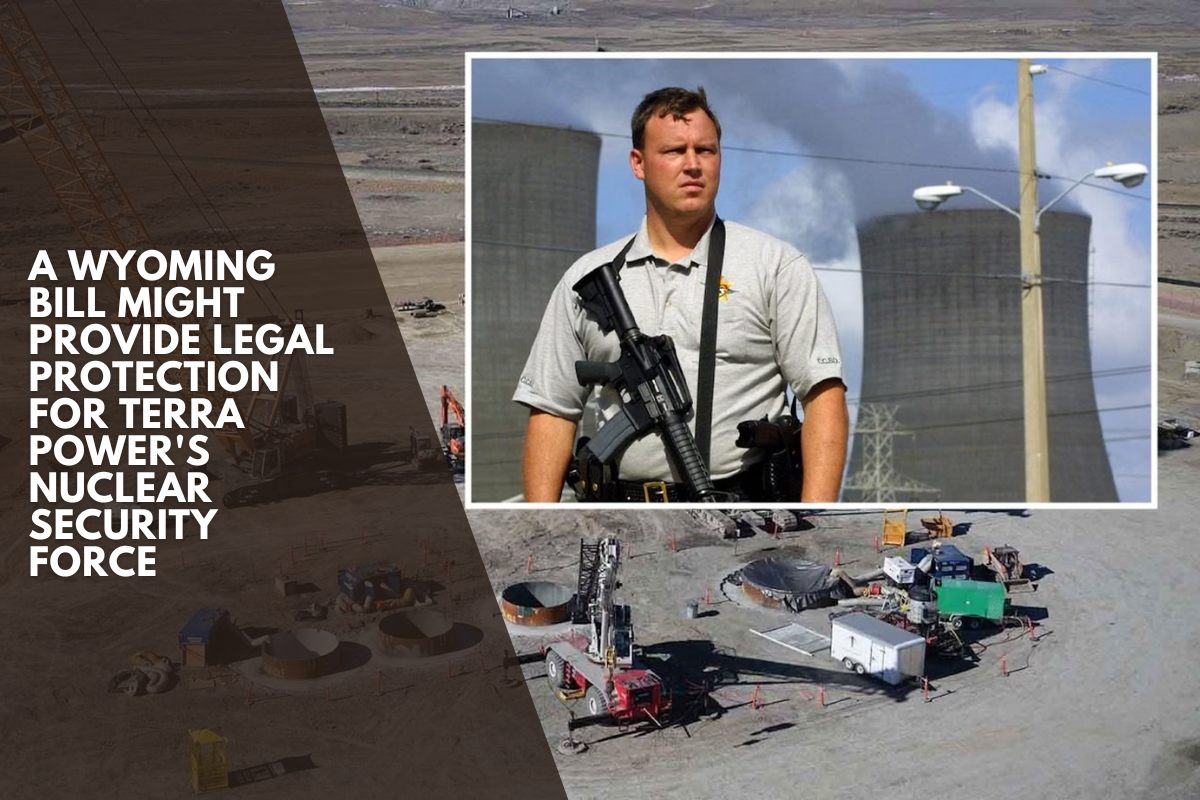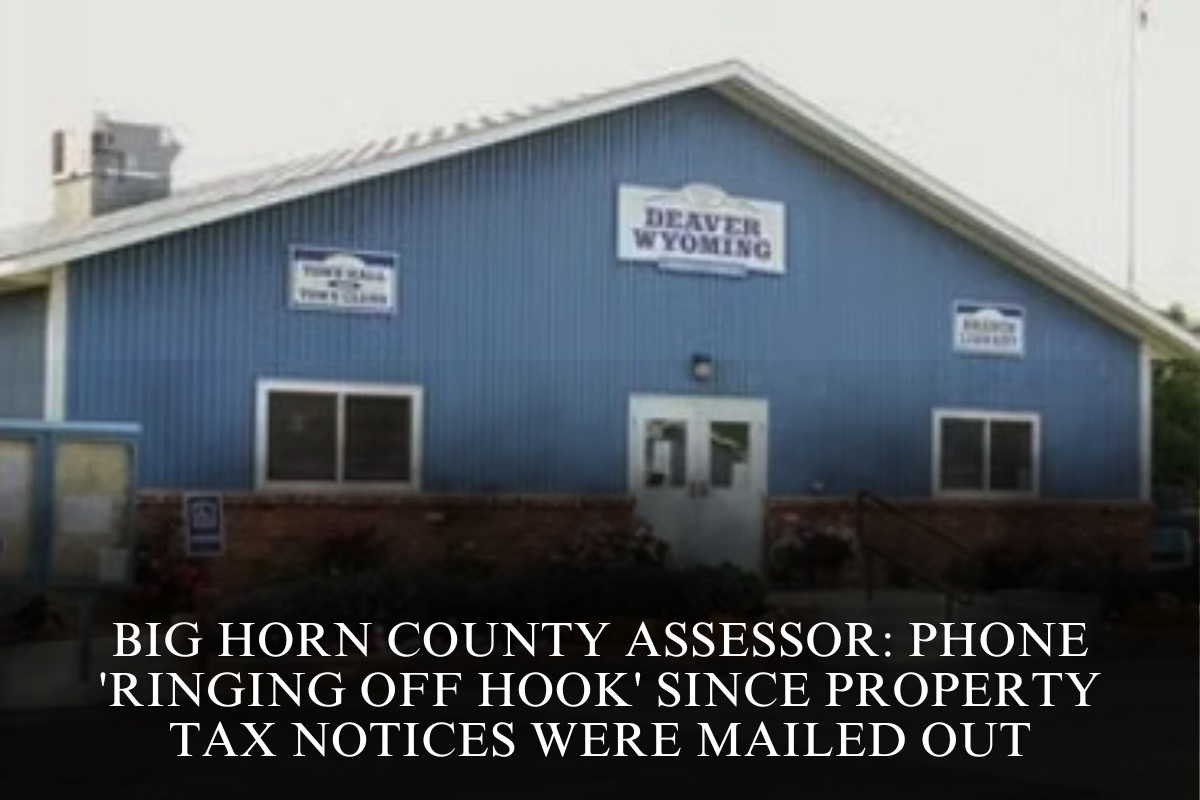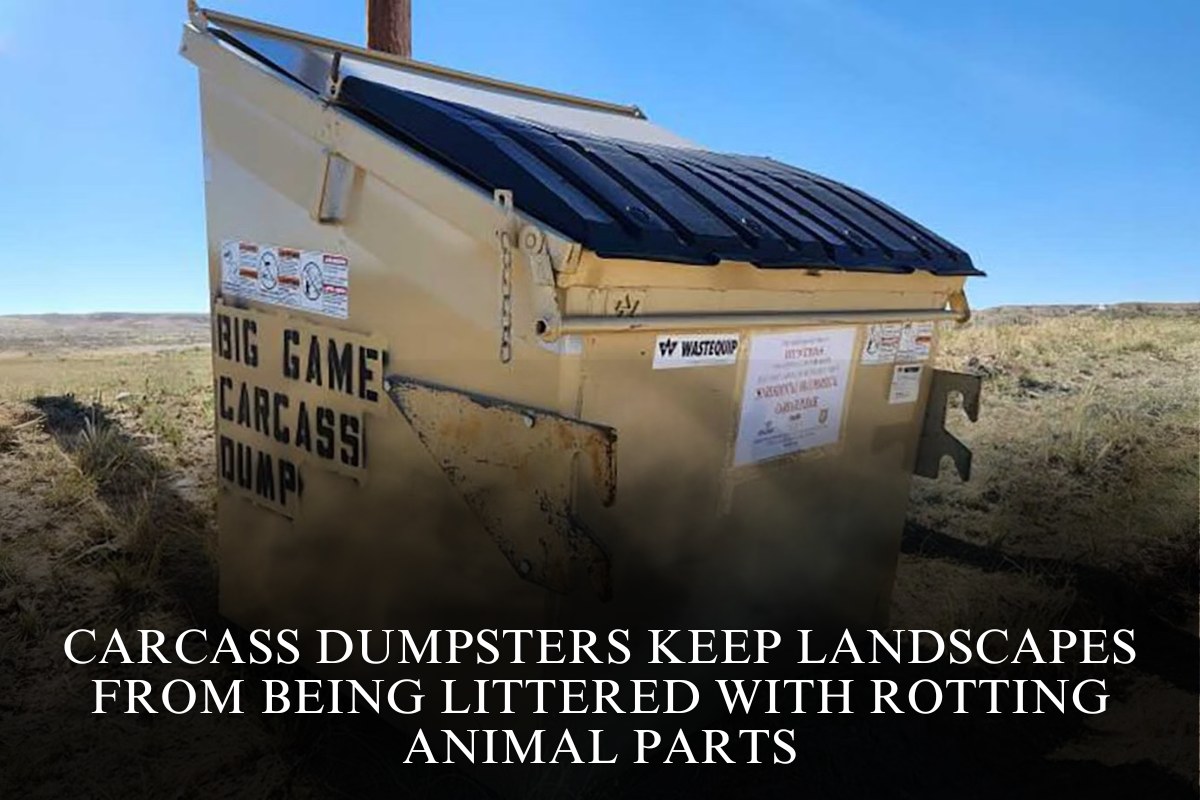CASPER — Guards protecting nuclear facilities in the United States have never used lethal force to protect a power plant like the one under construction in Kemmerer.
However, the worst-case scenario is possible, according to at least one Wyoming power provider, and nuclear installations in other states are protected by state-authorized defense forces.
The Wyoming Legislature’s Joint Minerals, Business, and Economic Development Interim Committee approved a bill on Tuesday that establishes provisions for this type of special defensive force, which will protect TerraPower’s planned nuclear power plant in Kemmerer, as well as any other nuclear facility that could become a target of terrorism or theft.
Committee members questioned TerraPower representatives about a number of issues, including who is liable if lethal force is used.
Members of the public also expressed concern about the possibility of a drone attack on the nuclear power plant, calling for stronger safeguards for any nuclear facility or transport vehicle that could be the target of an attack or attempted theft of radiological materials.
Ken Hume, a resident of Bar Nunn, stated that the Radiant microreactor manufacturing operation proposed for his hometown will not be a nuclear power plant. If built, it will require protection.
“They will not produce any nuclear power there. And I believe Wyoming statutes and laws should be the same whether you’re operating a full-fledged reactor in Kemmerer or manufacturing and shipping in Bar Nunn,” Hume told the committee, which accepted the suggestion.
The security force for the TerraPower plant is expected to be larger than the Lincoln County Sheriff’s Office.
“TerraPower will have more security guards than there are law enforcement officers in Lincoln County,” Sheriff Shane Johnson stated at the Committee’s previous meeting in May.
Training Requirements
TerraPower staff told Cowboy State Daily that it cannot reveal how large the protection force will be in Kemmerer, but insisted it will be highly trained.
Melissa Darlington, TerraPower’s nuclear security manager, described the extensive training that guards receive, as required by the Nuclear Regulatory Commission.
Darlington stated that they receive as much or more training than certified officers in Wyoming, beginning with a four-month program.
“Every duty that they do which potentially involves utilizing deadly force, they are retrained every year,” Darlington disclosed. “They go to training five weeks per year.” As a result, the NRC’s requirements exceed those of most law enforcement agencies. It’s a very strong program.
She added that the NRC inspects the facility at least three times a year.
“You do have to pass a background check, and you have to pass a psychological test,” she informed me.
Liability Concerns
During the hearing, Sen. Tara Nethercott, R-Cheyenne, questioned TerraPower representatives about who would be responsible for attorney fees in the event of a wrongful death lawsuit.
She wondered if TerraPower wanted its guards and the company itself to be protected from liability in the same way that a homeowner would be if he or she fired shots to defend their home.
“Does TerraPower seek immunity from one of these actions? Because you do not currently have it in the bill draft. Your employee would. However, TerraPower would be the one sued. So, does the company want immunity or not?” inquired Nethercott.
Andrew Richards, TerraPower’s vice president of government affairs, said, “I understand the question. I’ll speak with our legal counsel to get you an answer.
The proposed legislation addresses liability by stating, “An armed nuclear security guard using defensive force, including deadly force, in accordance with this section shall not be held liable under civil or criminal law for engaging in conduct that is privileged under this section.”
Please Leave
The proposed legislation also would give armed nuclear security guards authority to detain suspected criminals until law enforcement arrives. TerraPower said there will be no holding cells or dedicated detention space on site.
While no one has ever been shot and killed while attempting to enter a nuclear facility in the United States, reactors have been the site of peaceful protests.
Darlington described how guards would handle an unexpected visitor.
“First of all, we would kindly ask them to leave,” she told us. “We would begin with that, then observe them and await local law enforcement.
“We tell them they’re on private property and are trespassing. We are calling the police and giving them the opportunity to leave the scene.”












